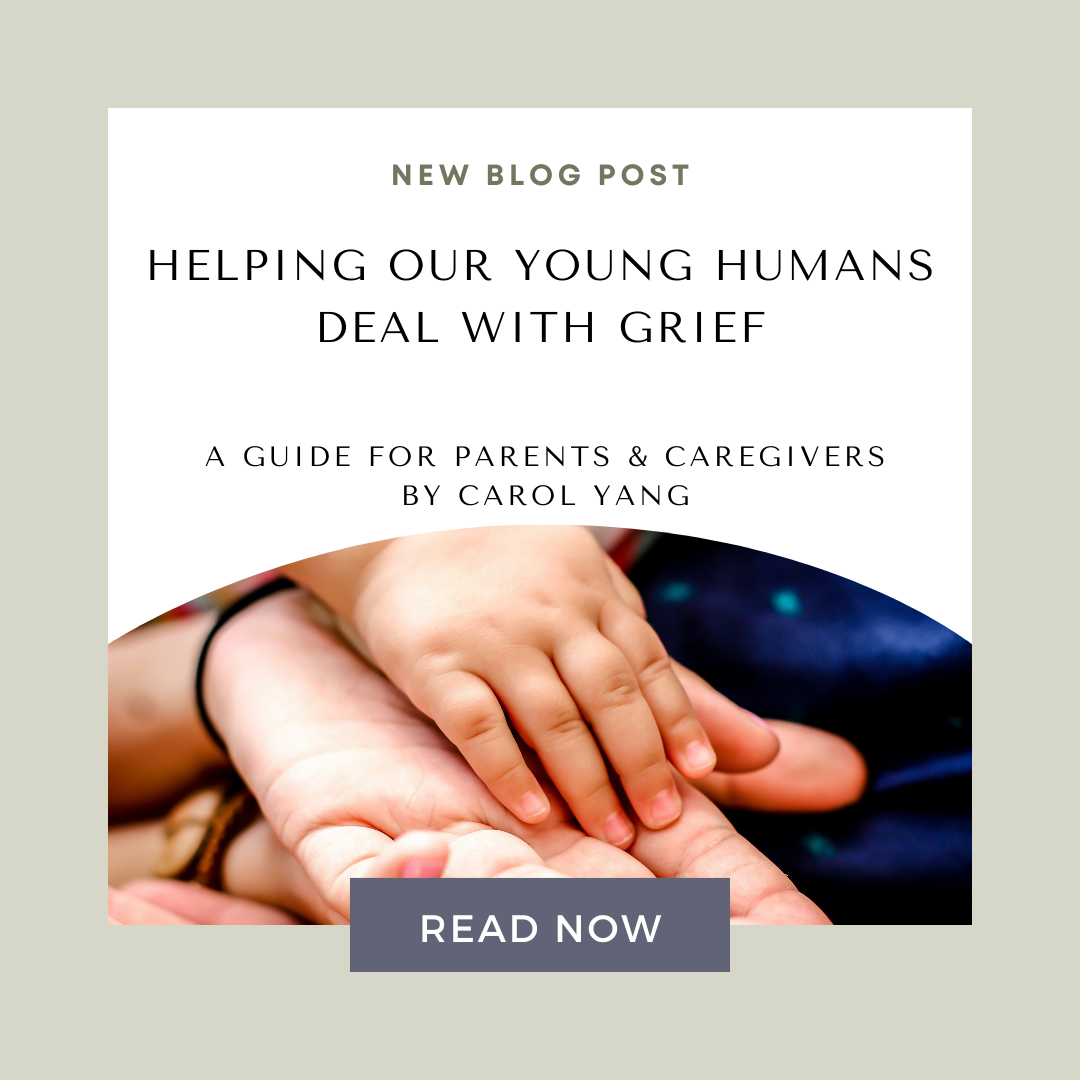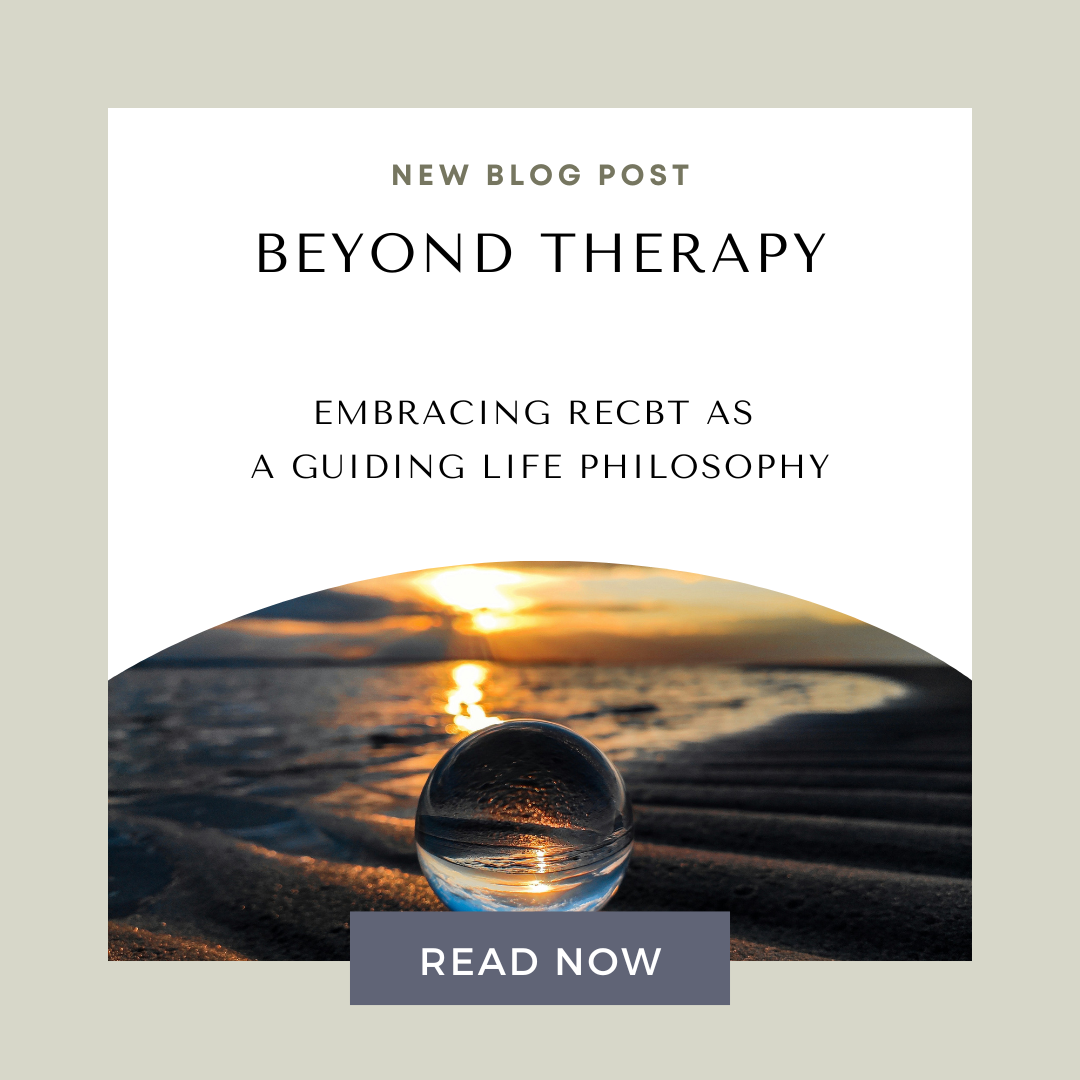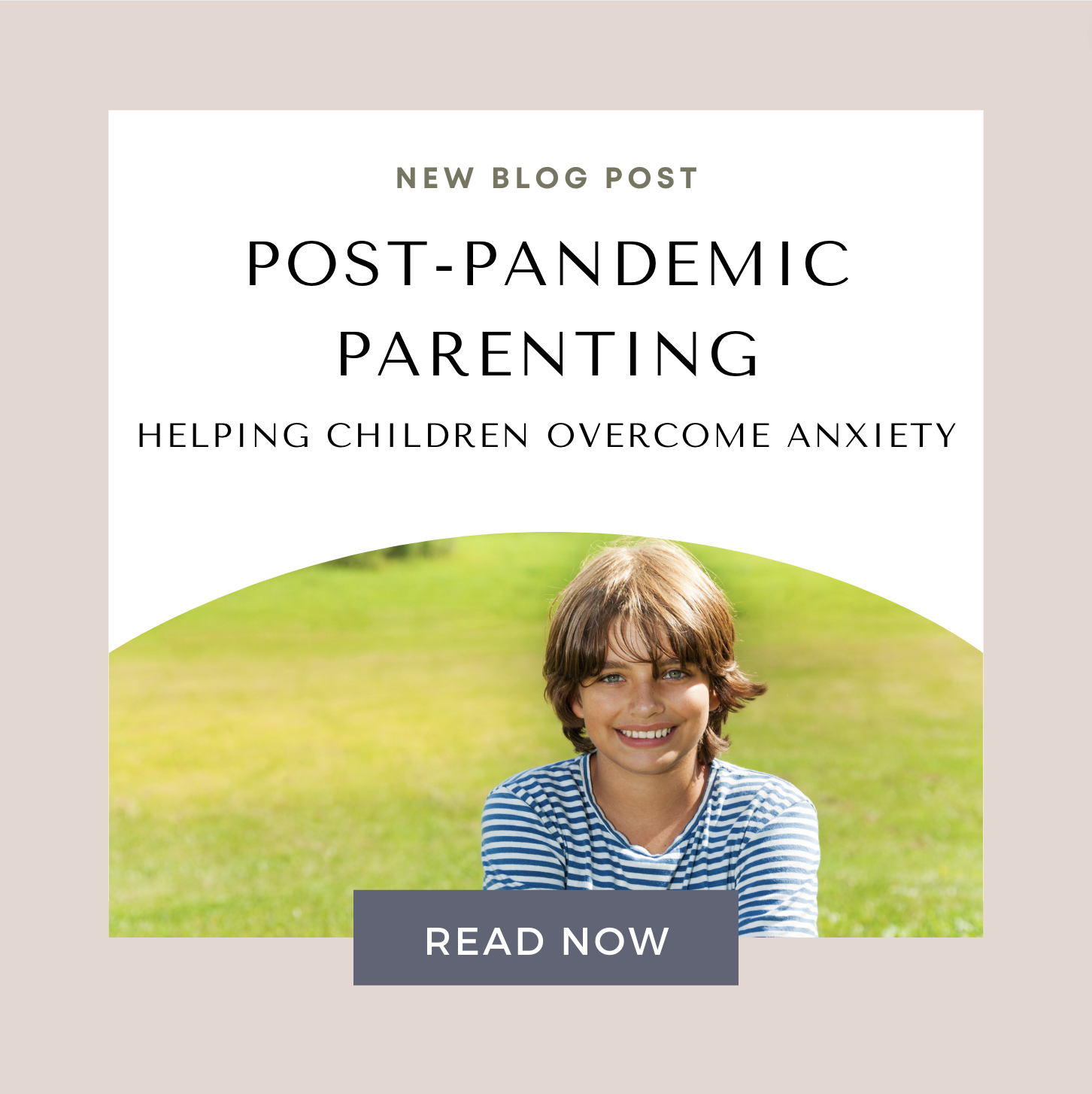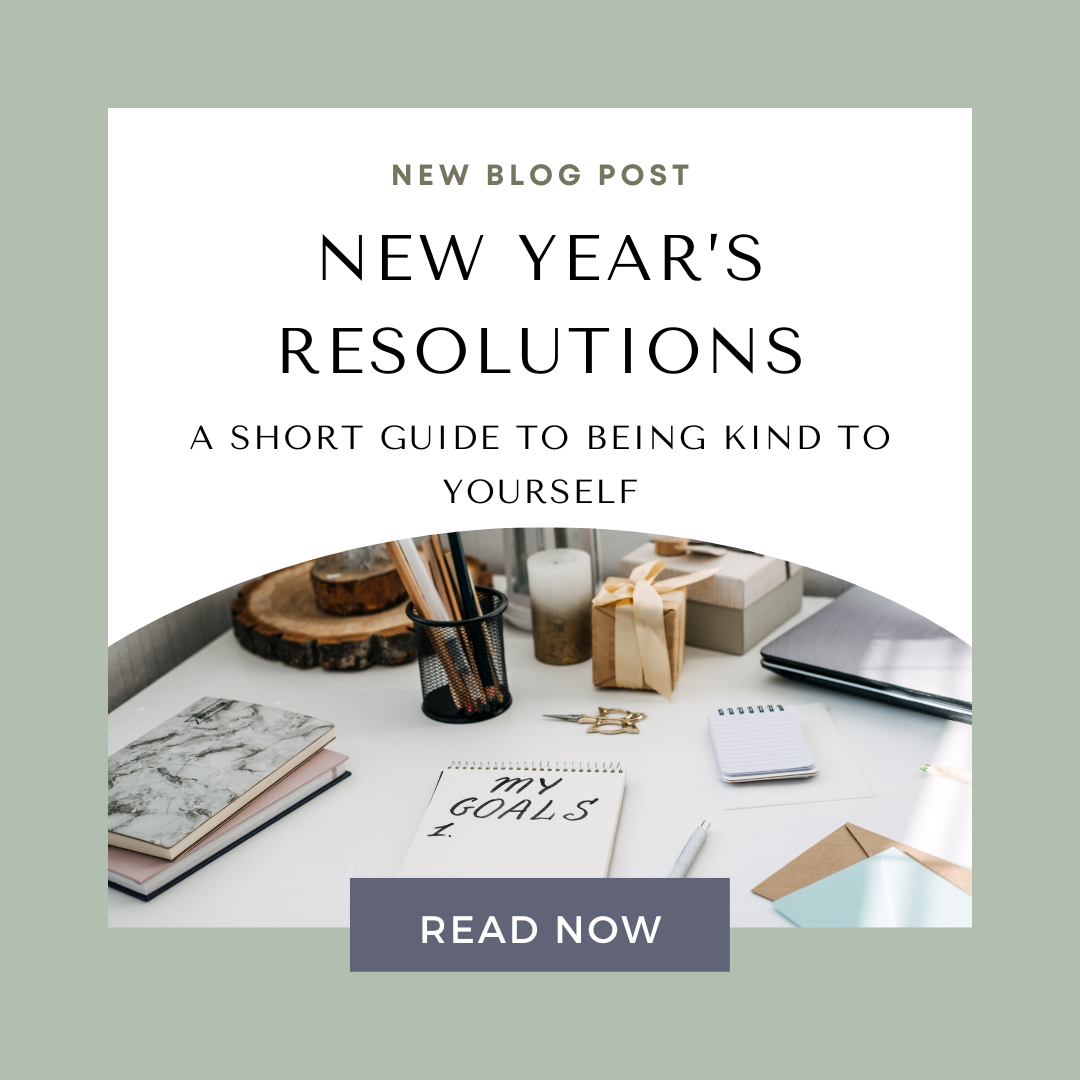New Year’s resolutions: a short guide to being kind to yourself
The new year is already well underway and hopefully most of us are still able to stick to our New Year’s resolutions.
During the festive season, our social media platforms start filling up with resolutions and goals for the new year and some reflections on the goals that were not achieved in the past year.
I could not help but empathise when I noticed the amount of pressure that the set goals exuded. This prompted me to write this piece, filled with compassion and understanding for you.
Let’s reset and try again, in a more compassionate way, in February.
When your resolutions go against your core values and beliefs you may experience cognitive dissonance. This is a mental conflict that occurs when your beliefs don't line up with your actions. It's an uncomfortable state of mind when someone has contradictory values, attitudes, or perspectives about the same thing.You may also experience psychological distress including anxiety, depression, and poor self-esteem.
The following questions may offer some guidance in setting goals or making resolutions
1. Are these resolutions aligned with my values?
Sometimes it may be difficult to identify our core values, what is truly important to us, especially if we are under pressure and unhappy with ourselves or our worth. What really matters to you, deep in your heart? What do you want to do with your time on this planet? What sort of person do you want to be? What personal strengths or qualities do you want to develop?
What works for you and what doesn’t work for you? Perhaps consider the following areas of your life:
Work/Education: includes workplace, career, education, skills development, etc.
Relationships: includes your partner, children, parents, relatives, friends, co-workers, and other social contacts.
Personal Growth/Health: may include religion, spirituality, creativity, life skills, meditation, yoga, nature; exercise, nutrition, and/or addressing health risk factors like smoking, alcohol, drugs or overeating etc
Leisure: how you play, relax, stimulate, or enjoy yourself; activities for rest, recreation, fun and creativity.
2. Am I self-compassionate?
Self-compassion is when we are kind and understanding rather than harshly self-critical when we fail, make mistakes, or feel inadequate. We give ourselves support and encouragement rather than being cold and judgmental when challenges and difficulty arise in our lives.
The 3 main elements of self-compassion (Kirsten Neff, 2011):
Self-kindness: being warm towards oneself when encountering pain and personal shortcomings, rather than ignoring them or hurting oneself with self-criticism.
Common humanity: recognising that suffering and personal failure is part of the shared human experience rather than isolating.
Mindfulness: taking a balanced approach to one's negative emotions so that feelings are neither suppressed nor exaggerated. Negative thoughts and emotions are observed with openness, so that they are held in mindful awareness. Mindfulness is a non-judgmental, receptive mind state in which individuals observe their thoughts and feelings as they are, without trying to suppress or deny them.
3. Are your goals or resolutions SMART?
Specific: stated clearly, what will be done and who will do it
Measurable: how the action will be measured, helps you determine if you are making progress
Achievable: objective is realistic given the realities faced in the community. Setting reasonable objectives helps set the project up for success
Relevant: it fits the purpose, is it aligned with your values
Time-bound: has a specific timeline for completion
So, as we head into February, think back to your resolutions and see if they match with you, and if you're being kind and compassionate to yourself.
Check out some of these resources for further reading on the subject:
Harris, R., 2013. ACT Mindfully: Acceptance & Commitment Therapy Training with Russ Harris.
Neff, K. (2011). Self-compassion: stop beating yourself up and leave insecurity behind. New York, William Morrow.
See more from the blog…































